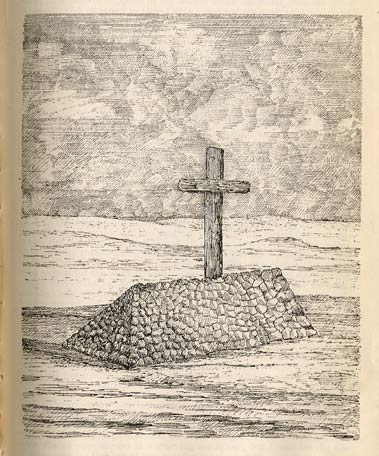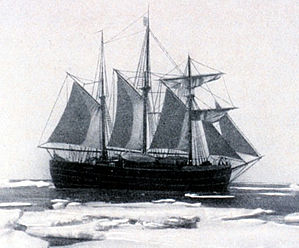Many of us in the Kidslitosphere begin January with "One Little Word" for the year. I'm not sure, but this may have been Irene's invention, too. Irene's word for 2015 is WILD. You can see her post here, along with a pretty wild picture of the wild little girl she was. It's only appropriate that she has invited those of us who know and love her to be wild with her today.
Here is my take on the topic. I'm still stuck in Antarctica, definitely a wild place. Cape Denison, the home base of Australian explorer Douglas Mawson, is the windiest place on earth. Katabatic winds blow down the surface of the Antarctic ice cap, pulled by gravity, gathering snow, until they reach hurricane speeds. These rivers of icy wind can blow for days. Explorers of old and research scientists of today can only sit and wait for the winds to cease.
The poem below is a mask, or persona poem, written in the voice of the wind. Stop by Irene's blog where she is rounding up all of today's wild celebration posts. Happy Anniversary, Irene!
 |
| Katabatic winds at Cape Denison, Antartica. Photograph by Frank Hurley, 1912 |
Wind Warning
Set no foot here
or suffer violence.
This shore belongs to me.
A blizzard of rage,unbridled,
I plunge down ice. I plow
the snow, slam walls of white
against your face—a maelstrom,
uncontrolled. My raging
blast demands retreat.
A knife of driven air,
my wild banshee scream
prophesies despair.









